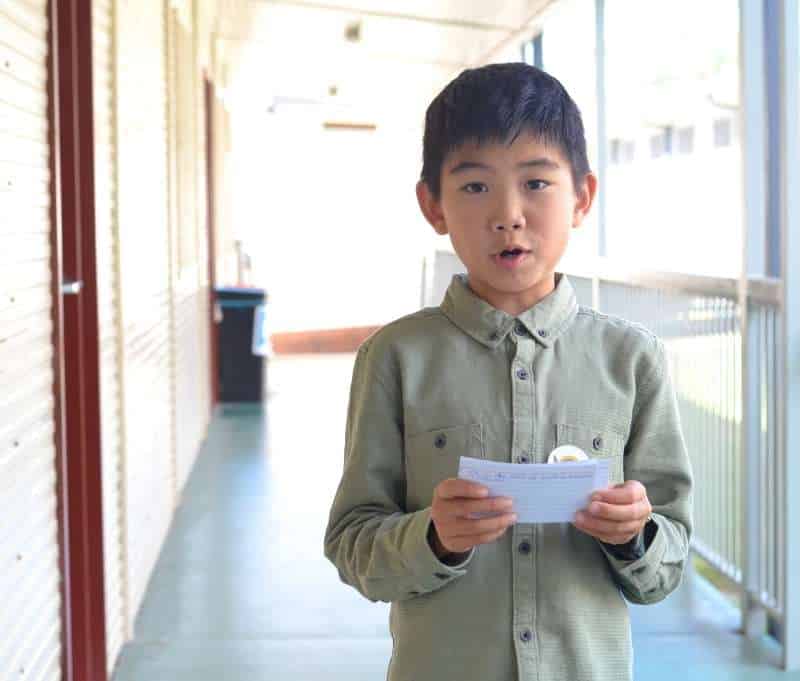What is the most important skill to learn before leaving school?
24 March 2022
By Leah Mercier
How have the extracurricular activities you chose in school impacted your life?
For a rare few people, time spent playing soccer or practising art at school can lead to a lifelong passion and even a career.
However, the vast majority of us won’t pick up a paintbrush or kick a soccer ball again after we graduate high school (it’s not likely that we’ll casually come across a canvas or a football field in our daily working life)!
What we end up doing after school varies significantly for all of us. However, there is one essential skill we all need eventually, regardless of our career path.
Everyone, from software engineers to construction workers, must learn to communicate effectively.
Despite this, very few of us take the time to learn this essential skill in school.
Becoming an effective communicator
Becoming an effective communicator can take a lot of practice, a lot of feedback, and a lot of personal growth. All of this time and effort spent refining our communication skills is one of the best investments we can make for our future selves.
That’s because effective communicators are frequently rewarded for their skills in everyday life. Job interviews, work meetings, important phone calls – all of these things turn out more favourably when we’ve spent time working to speak persuasively!
But WHEN is the best time to start your journey toward becoming an effective communicator?
The answer is as early as you possibly can! A lot of us never question the value of enrolling children in after-school sports, so that they can train regularly to build their skills like kicking, running and defending. We should approach public speaking the same way: as an activity worth investing time into from an early age.
This is especially true because your child will get far more out of learning effective communication than almost any other skill!
How can you help a young person to become an effective communicator?
Practice
The art of persuasive speaking develops significantly over time. Practice is linked to building confidence and helps us feel less afraid to speak persuasively in everyday life. Most students only give a prepared speech once or twice per year – even less so in high school! That’s approximately 10 speeches before school is over, with very few second attempts to improve the speech. Imagine only practising soccer ten times in school, and then finding out that a major part of your job will be playing a soccer game twice a week – and your performance will be graded!
Get personalised feedback
The best way to learn is to learn from the best. Find someone experienced at public speaking who can help you to develop some individual goals for improvement based on the way you speak.
Build positive speaking habits
Repetition is KEY to building persuasive speaking habits. With enough practice, speaking skills can become autonomous.
Learn improvisation
Get involved in debating, or a public speaking competition that requires improvisation. The skill of saying something intelligent on the spot can differentiate you from the crowd in an interview or work meeting situation.
How can we help?
Check out our wide variety of debating and public speaking programs for students in Years K-9. Whether it’s a one-off school holiday program or a weekly class in the school term, we can provide practice, feedback, and skill development for students at all skill levels.
We believe every student deserves an opportunity to build their confidence and become a more effective speaker. That’s why we’re helping to build tomorrow’s well-rounded humans through providing the highest quality speaking education at Speaking Schools Australasia.



